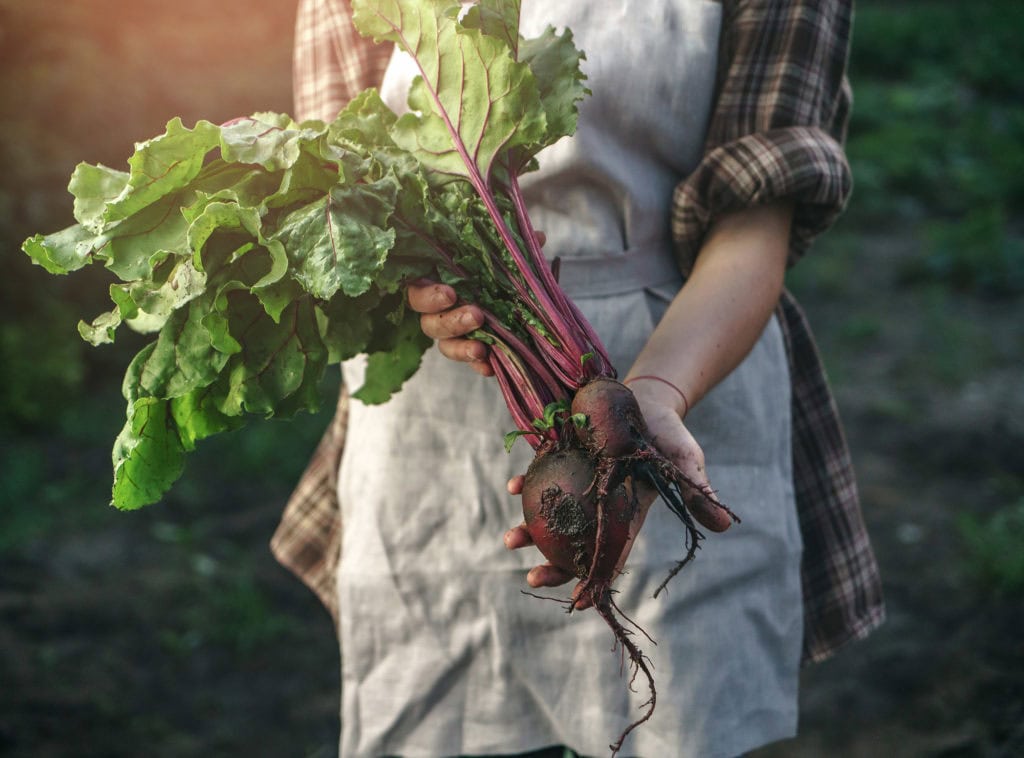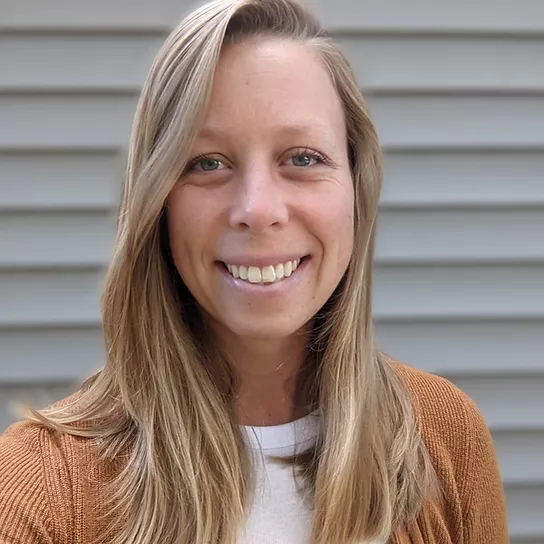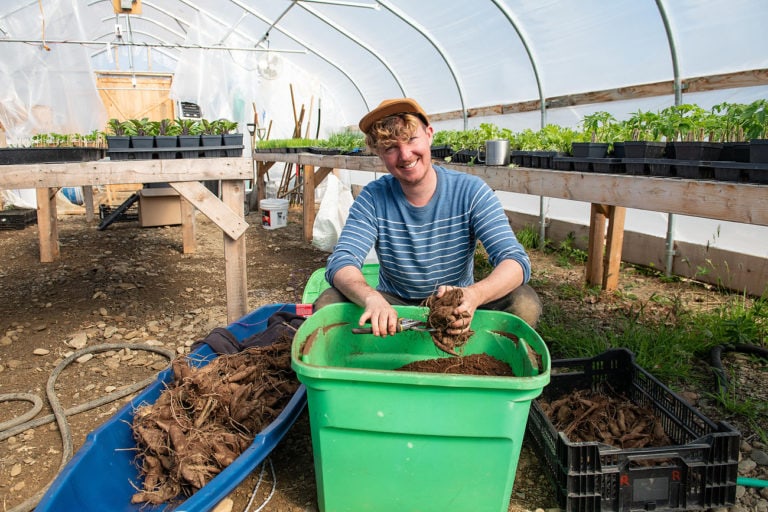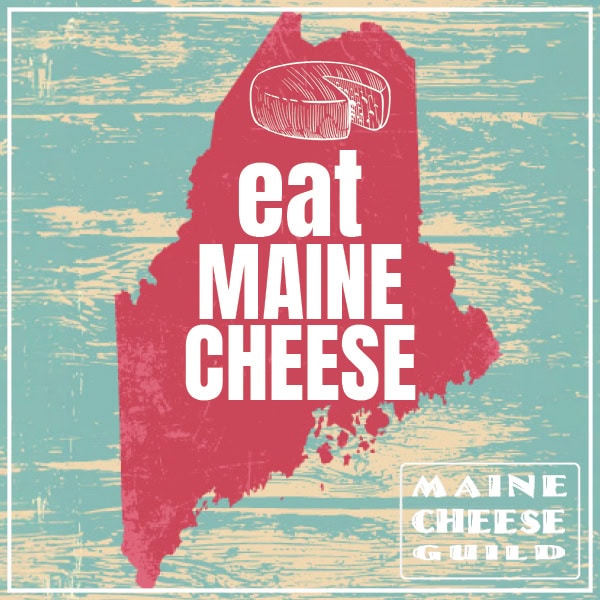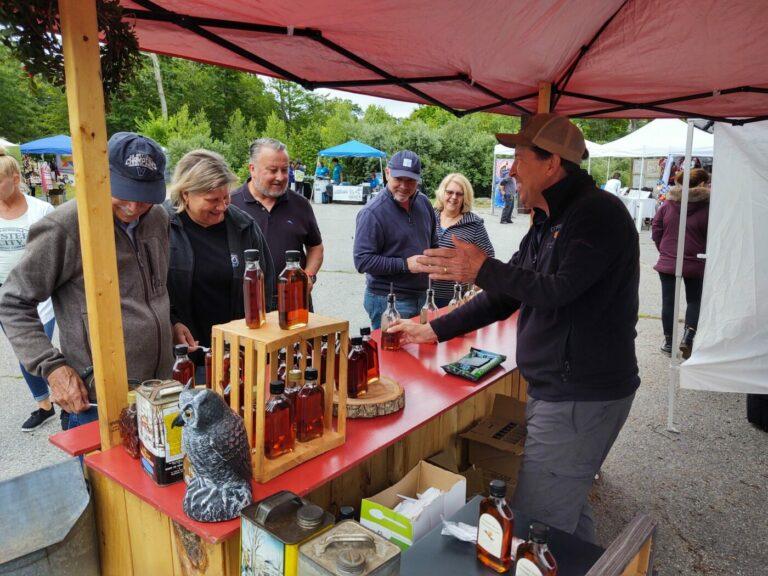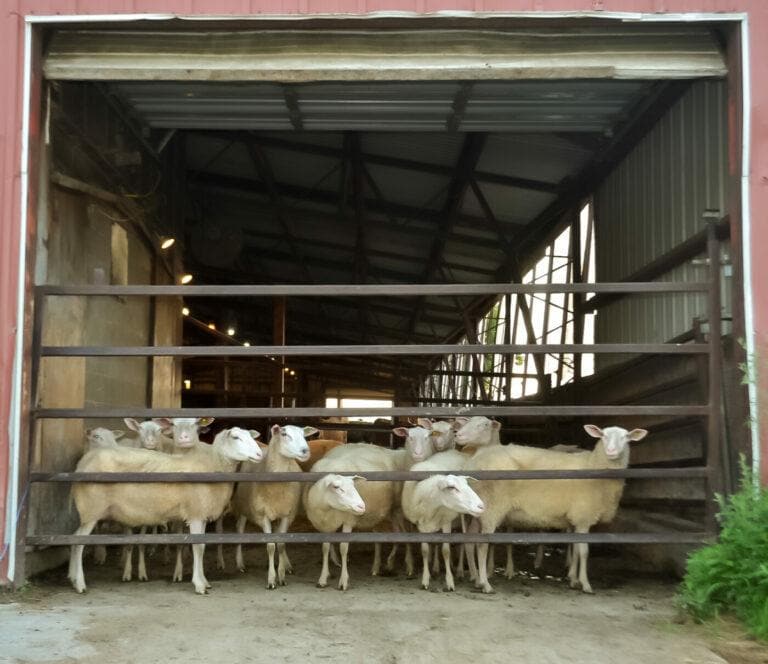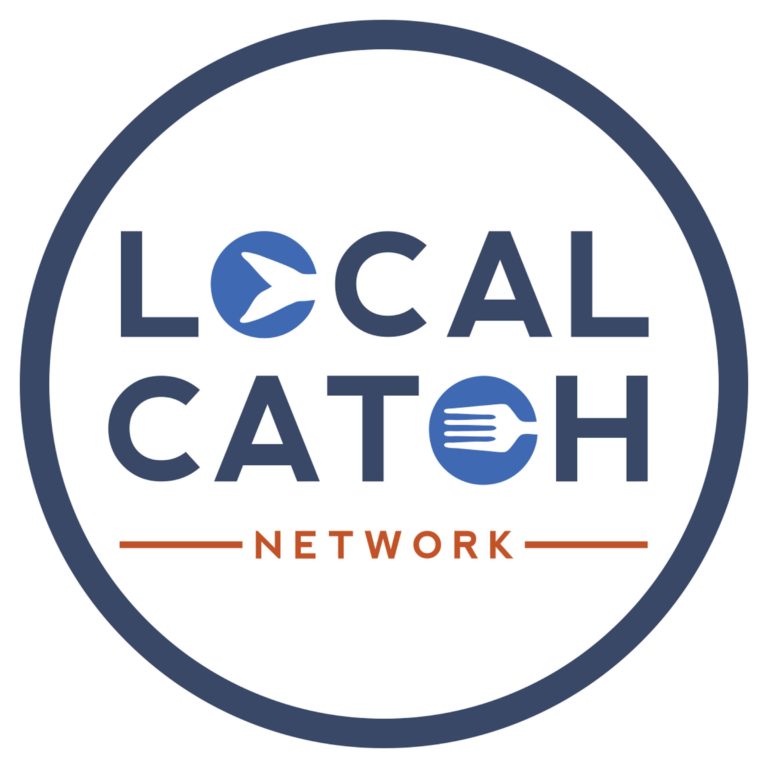Simultaneously reducing food waste and combating food insecurity, Merrymeeting Gleaners is an organization grounded in synergy. The program rescues surplus produce from Midcoast farm fields and delivers it to Mainers who have limited access to fresh fruit and vegetables.
The numbers are impressive: 200 volunteers, 20 farm partners, almost 40 recipient programs, and over 200,000 pounds of fresh food gleaned in the five years since its inception. But the program is more than its numbers. It has “helped build a sense of community and a sense that we all have a role to play in increasing access to local nutritious food for our neighbors,” says Harriet Van Vleck, coordinator for the Merrymeeting Food Council, the entity under which the gleaning program was incubated.
Knowing that many Mainers experience food insecurity and that farmers regularly have surplus crops left in their fields, Michelle Rines and fellow members of the council’s food security work group conceived of the gleaning program in 2016. “The farmers were very receptive,” says Rines. They started with one farm, Six River Farm in Bowdoinham. Anticipating a modest harvest of 5,000 pounds of produce, they gleaned and distributed over 14,000 pounds in their first year from both the Six River Farm fields and from
the Bath Farmers’ Market where Goranson Farm of Dresden and Tarbox Farm of Westport Island would donate unsold produce weekly at the close of the market.
Early support from the University of Maine Cooperative Extension and its Master Gardener program, and summer fellows from Bowdoin College, provided resources for the nascent program, as did a strong volunteer response and access to grant funding through the Brunswick-Topsham Land Trust, the Kennebec Estuary Land Trust, and the New England Grassroots Environment Fund, among others.
In July 2021, Merrymeeting Gleaners merged with the Mid Coast Hunger Prevention Program (MCHPP), a nonprofit with infrastructure that would allow for further growth. Julia Nelson, coordinator for the gleaning operation at MCHPP, says the group plans to expand its ranks of volunteers, farm partners, and recipient programs. Hoping to provide year-round produce to its many partners, Nelson says the group is also processing and freezing food to distribute it in the winter months.
For farmers who have neither the time nor the labor to harvest surplus crops, this program is a natural fit. Goranson Farm donated close to 20,000 pounds of food in 2020. “[We] feel a personal pride from helping feed food-insecure folks,” says farmer Jan Goranson. Gleaned produce is often in perfect condition. “I spoke to one client recently who told me that the produce he was getting that day was the first fresh food he had in weeks,” says MCHPP’s Nelson.
The Merrymeeting Gleaners’ roster of recipient sites includes food pantries, soup kitchens, and community and summer meal programs. Because not all food-insecure folks are able to access food pantries or soup kitchens, the variety of partner programs helps funnel gleaned produce into many channels, breaking down access barriers in stigma-free environments. The Sharing Tables program, for instance, provides fresh produce at multiple community sites where anyone may anonymously take what they need. To date, the Gleaners have partnered with Big Brothers Big Sisters of America, the YMCA, People Plus, Head Start, the school backpack programs, and even a new seedling donation program to encourage home gardening.
Van Vleck hopes the success of the Merrymeeting Gleaners will inspire other organizations to creatively solve local challenges. This program “embodies the potential for food councils to pilot … collaborative programs which can then be transferred to larger organizations over time.”
To get involved with the organization, contact Julia Nelson at jnelson@mchpp.org.


